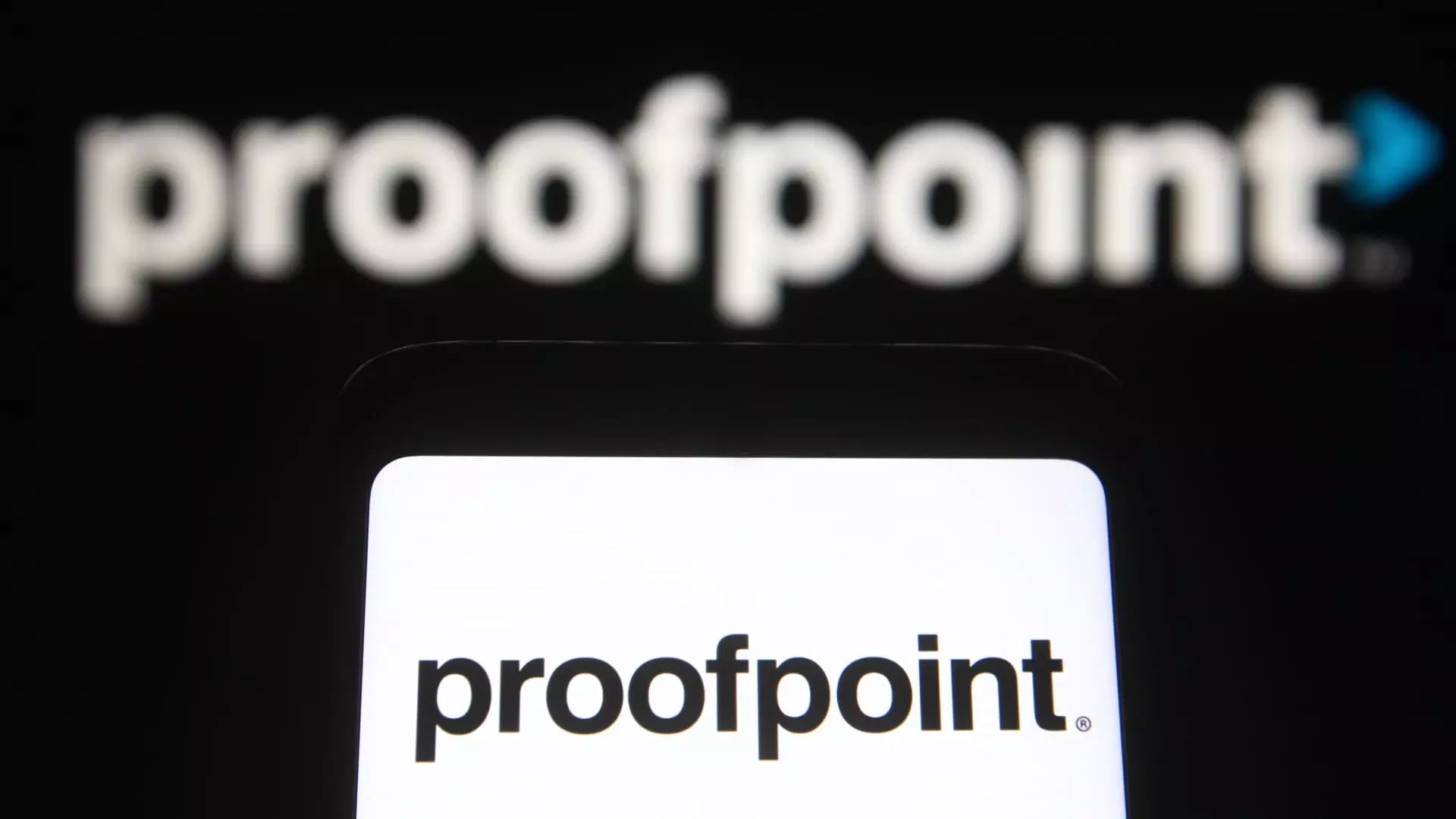In a striking move that reverberates across the cybersecurity industry, Proofpoint has announced its plan to acquire the Germany-based Hornetsecurity for a staggering $1 billion. This acquisition, the largest in Proofpoint’s history, is not merely a financial transaction but a strategic pivot aimed at fortifying its presence in the burgeoning European market. As the world pivots to a more digitally interconnected framework, the significance of robust cybersecurity measures becomes paramount. However, one must consider whether such monumental financial decisions are powered by foresight or desperation, especially as the cybersecurity landscape becomes increasingly fraught with threats.
Hornetsecurity, headquartered in Hannover, is recognized for its expertise in managed cloud-based email security services. This acquisition appears to be a calculated attempt to assimilate Hornetsecurity’s offerings into Proofpoint’s extensive repertoire, thus deepening its foothold in the managed service provider (MSP) sector. Yet, while this move could enhance Proofpoint’s capabilities, it raises questions about whether the company is merely reacting to market pressures instead of proactively shaping its future.
Motivations Behind the Acquisition
Proofpoint’s CEO, Sumit Dhawan, articulated that this acquisition would enable the company to “consolidate fragmented security tools into a unified platform.” However, such statements often echo a common narrative in mergers and acquisitions: the promise of synergy and efficiency. In practice, integrating disparate systems and cultures can lead to a plethora of challenges that can undermine the intended benefits.
The rise of generative AI as both a boon and a bane in cybersecurity is emblematic of the potential pitfalls. As Dhawan noted, the threat landscape has transformed, demanding highly integrated and effective solutions for small and medium-sized enterprises (SMEs) increasingly vulnerable to sophisticated cyberattacks. While this premise is undeniably valid, the question arises: is the consolidation of services sufficient to counteract evolving threats, or is Proofpoint merely gearing up to compete in a frantic race against time?
Financial Implications and Future Prospects
Proofpoint’s ambition to return to public markets by 2026, following its privatization in 2021, frames this acquisition as a pivotal step in enhancing its financial resilience. They assert that Hornetsecurity will contribute significantly to earnings and cash flow, reinforcing an optimistic narrative for investors and stakeholders. However, the intricacies of public perception and market dynamics can be unpredictable.
In an era where cybersecurity breaches can lead to catastrophic consequences, companies often find themselves at the mercy of public trust. If Proofpoint fails to deliver on its promises post-acquisition, it risks not only its market position but also the trust of its vast customer base. Notably, Proofpoint serves 85% of Fortune 100 companies, and maintaining their confidence is not just a matter of financial performance but hinges on continuous innovation and reliability.
The Competitive Arena: Is Bigger Always Better?
As Proofpoint prepares to integrate Hornetsecurity, one must ponder the implications within the wider cybersecurity ecosystem. The acquisition could result in a formidable contender against competitors, but is it based on sustainable differentiation or an attempt to increase market share? The increasing complexity of cybersecurity threats requires a nimble approach, one that may be stifled by an unwieldy form of corporate bloat.
Adopting more organic growth strategies, such as strategic partnerships or innovations from within, could potentially yield more profound benefits than simply opting for the “shortcut” of acquisitions. The industry’s competitive matrix is transforming; agility, rather than sheer size, might prove more advantageous in navigating the turbulent waters of cybersecurity alongside evolving technological demands.
While Proofpoint’s acquisition of Hornetsecurity is undoubtedly bold—and could solidify its stance in the cybersecurity landscape—it is laden with uncertainties and challenges. The intersection of innovation, market trust, and competitive strategy will determine whether this venture transforms into a robust growth opportunity or devolves into a cautionary tale of corporate hubris. As the cybersecurity arena evolves, so too must the strategies employed by industry leaders, and Proofpoint’s next steps will be critical in shaping its legacy in a fiercely competitive market.

